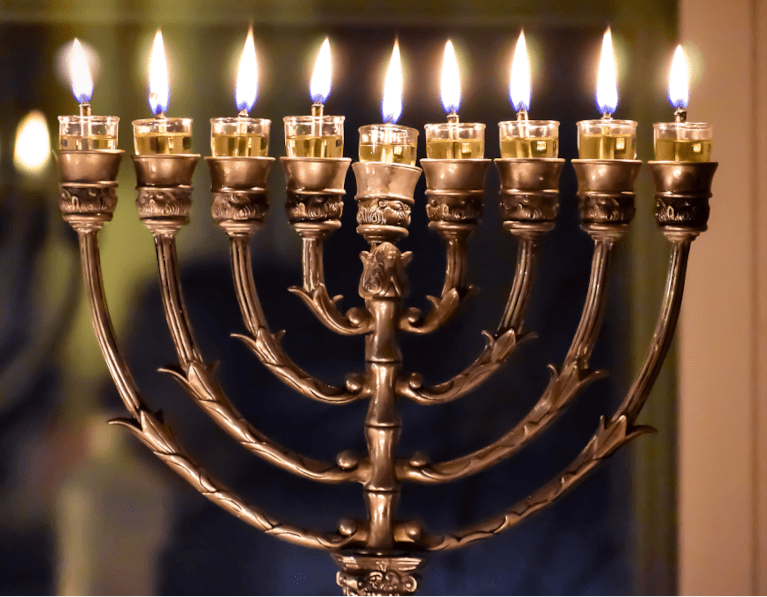Tough Love



And it was/Vayehi on the eighth day…
Chazal[2] observe that sometimes Scripture uses the word vayehi, and at other times the word vehaya. Both essentially mean “and it was.” They explain that the former introduces unhappy events – like the deaths of Aharon’s sons in our pasuk, while the latter leads to more pleasant things. The midrash quickly raises an objection from what seems to be a counterexample: “Vehaya when Yerushalayim was captured.”[3] This was hardly an event that inspired celebration.
The midrash answers its own question. Actually, it did provide occasion for joy. That tragic day provided a dispensation to Klal Yisrael for its sins. This idea is echoed in another maamar Chazal, reflecting on a verse in Tehillim.[4] “A mizmor of Asaph. The nations have entered Your inheritance; they have desecrated Your holy Sanctuary.” The word mizmor denotes joyous song. It is hardly appropriate for a description of the churban. Kinah/lamentation would be the way to, we would think. Chazal, however, say “no.” The churban did give us some measure of joy. It showed the depth of Hashem’s love for His people, even while midas hadin was at the height of its expression. Rather than destroy His people, Hashem vented His anger on wood and stone. Having lost its kedushah through the aveiros of Klal Yisrael, the beis hamikdosh had already been reduced to just that – undistinguished sticks and stones. Happily, they absorbed some of the Divine fury, and were destroyed in place of people’s lives. Through their destruction, we found dispensation for our sins.
There are several parallels to this. Consider this verse: “As I came to G-d’s holy places, I comprehended their fate.”[5] The gemara[6] applies this to Ravina and Rav Ashi, who were the “end or hora’ah,” i.e. the ones who completed and sealed the legislative process of the Talmud. By this they meant that while overseeing the churban of the second beis hamikdosh, Hashem ensured that there would be talmidei chachamim who would generate a collection of the Torah she-b’al-peh that would sustain our people throughout the long galus. Here as well, Hashem orchestrated the future well-being of His children, even as He found it necessary to punish them.
The gemara[7] tells us that R. Avimi was once asked by his father R. Avahu for a glass of water. By the time that R. Avimi returned, R Avahu had nodded off. R Avimi patiently waited for his father to awaken. During the time he waited, he reported, he merited solving the aforementioned “mizmor of Asaf” enigma. Why did this illumination come to him specifically while he waited for his father?
Ulah [8] taught that when the nations of the world heard Hashem intone the dibros of “I am Hashem,” and You shall have no other gods before you,” they were skeptical. “He’s commanding all these laws for His own honor. Once they heard the fifth dibur – “Honor your father and mother” – they reconsidered. G-d commanded that people should own up to the gratitude they ought to feel towards the parents who gave them life and sustained them. That made sense to them. From there, it was a short distance to the realization that Hashem as well was a partner in their creation, and honor was therefore due Him as well.
R. Avimi, waiting for his father to wake up, contemplated this relationship between the mitzvah of honoring parents, and the obligation to honor Hashem for all that He gives us. Precisely then, he understood yet another level of the love that He displays to us – that even at times in which midas hadin reigns, He orchestrates our survival from behind the scenes.
- Adapted from Be’er Moshe, by the Ozherover Rebbe zt”l ↑
- Vayikra Rabbah 11:7 ↑
- Yirmiyahu 38:28 ↑
- Tehillim 79:1 ↑
- Tehillim 73:17 ↑
- Bava Metzia 86a ↑
- Kiddushin 31b ↑
- Kiddushin 31a ↑
Go to Torah.org
Date: April 25, 2025


